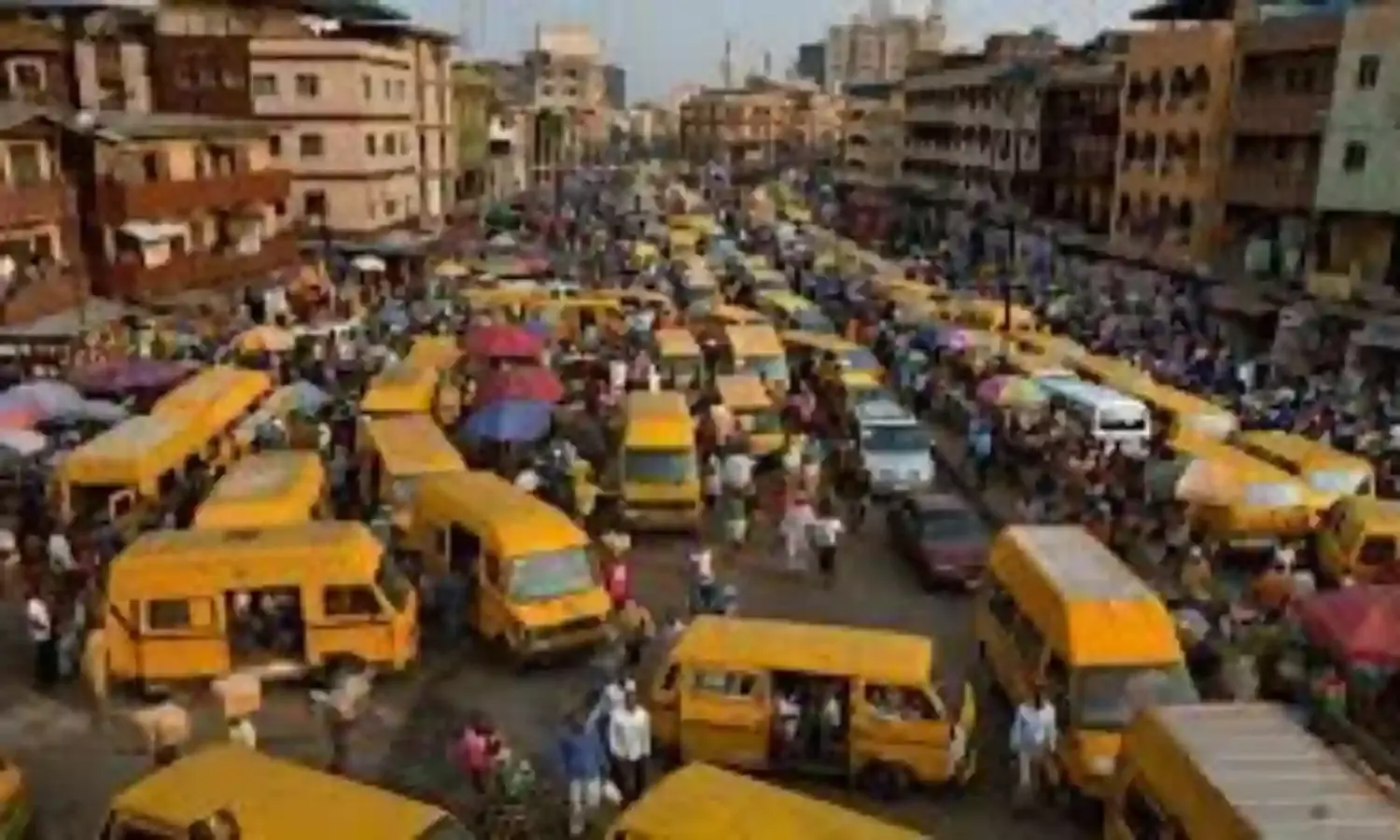How Nigeria can become transport rich – Expert
Igwe said that human capital development, professionalism, and investment in research and development would improve Nigeria’s transportation sector.;

Dr Alban Igwe, member of the United Nations Committee on Trade and Transport Location, has stressed the need for a sustainable integrated transport policy to enhance Nigeria’s transportation sector.
Igwe gave the advice at the unveiling and launching of the Global Transport Policy Annual Transport Roundtable/Bilingual Magazine on Wednesday in Lagos.
The theme of the event was: ‘Transport Infrastructure and Strategic Policy Intervention: Building Blocks for economic Growth.’
He added that harnessing the capacity of private sector in transportation, promotion and development of transport infrastructure and sustainable transport development agenda would enhance the sector’s performance.
Igwe said that human capital development, professionalism, and investment in research and development would improve Nigeria’s transportation sector.
“We don’t get rich by dreams; we need to create a direction for ourselves; we need to know what to do in the next two/three years; that is like creating a policy.
“If you don’t have a policy on where you are going, you cannot arrive at your destination. Nigeria not having a national transport policy is making us lack directions, so we need to create one.
“We need the policy to develop capacity, infrastructure, and professionals, and we must have a direction, and in that way, it will give us the necessary investment to become transport rich,” he said.
Igwe, also chairman of the Anambra State Multimodal Transport Committee, said Nigeria had been predicted by Goldman Sachs to rank 15th and fifth out of the 25 largest economies by 2050 and 2075, respectively, with a gross domestic product of $13.1 trillion.
“This is not a local prediction but a scientific prediction that can be found in the United Kingdom, so I am pleading that we should respond pragmatically to these predictions.
“I am charging the authorities and all of us here to give Nigeria an integrated transport policy. We are not asking too much, and I am saying that in six months, we can get it done.
“The Cabotage Vessel Financial Fund (CVFF) should be deployed in shipbuilding; a national code service to connect all states and major cities should be created; and Nigerian international air and water transport gateways should be upgraded with authentic signatures.
“All these and more will help the country be transport rich, and this will impact the economy,” he said.
Mr. Fola Tinubu, Managing Director, Primero Transport Service, pointed out that transportation was the backbone of the economy, adding that if the country does not get its transportation system right, we are deluding ourselves.
“The essence of this gathering is to speak to ourselves and the government so that we are all on one page.
“After power, transportation is the next thing for the economy, and the government has enough to do by creating the enabling environment and ensuring that the business side of it is sustainable.
“But it’s the public sector that needs to take the lead, by investing in it,” he said.
He added that the Compressed Natural Gas (CNG) introduced by the government would help to reduce operational cost.
“We also want government to come to our aid and allow us to be able to turn the conversion of our old bus, change the engine from diesel to CNG engine because we cannot do it ourselves.
“I am very excited about this and it’s a great opportunity for Nigeria and good for the climate,” he said.
The Inspector-General of Police, Kayode Egbetokun, said transport was very essential to economic development but if not well taken care of, movement of goods and services would be hampered.
Egbetokun represented by Commissioner of Police in Lagos State, Mr Adegoke Fayoade, added that the police would continue to ensure maintenance of law and order on our roads, highways and other transport routes.
“We provide checks on strategic routes to ensure safety of people and goods, ensure activities of miscreants on the road are reduced.
“I assure you that under this dispensation we will always be alive to our responsibility and support this noble objective of ensuring that our transportation system is effective to enhance the development of the country.
“We do these things to ensure law and orderliness on our roads and to have a better economy for the citizens,” he said.

